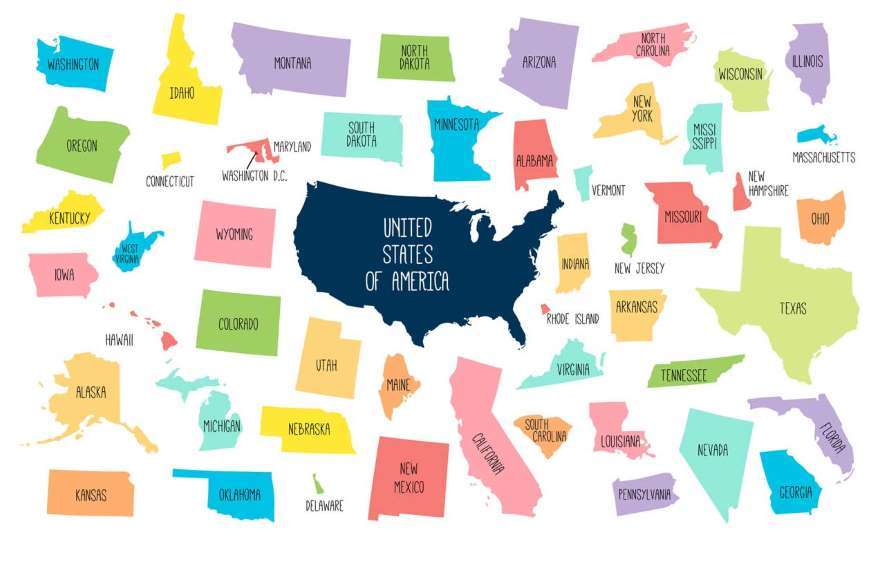
All states tie their tax structure to federal law, borrowing definitions of income, deductions, and exemptions — but to varying degrees. And even though the federal overhaul lowered tax rates, increased the child tax credit and doubled the standard deduction, it expanded the amount of income that’s taxable, mainly by eliminating personal exemptions. At the state level, that could lead to taxing a larger percentage of residents’ income, without the offsetting lower rates and expanded tax credits.
To compensate, several states moved to preserve personal exemptions. Others lowered tax rates or made other changes. But lawmakers in some states are either still debating how to adjust their tax codes — or just punted.
Making matters worse: The tax overhaul capped the federal tax deduction for state and local taxes at $10,000. In states with high property taxes, the cap will effectively increase homeowners’ tax rates. Where does your state fit in? Click ahead to see.




